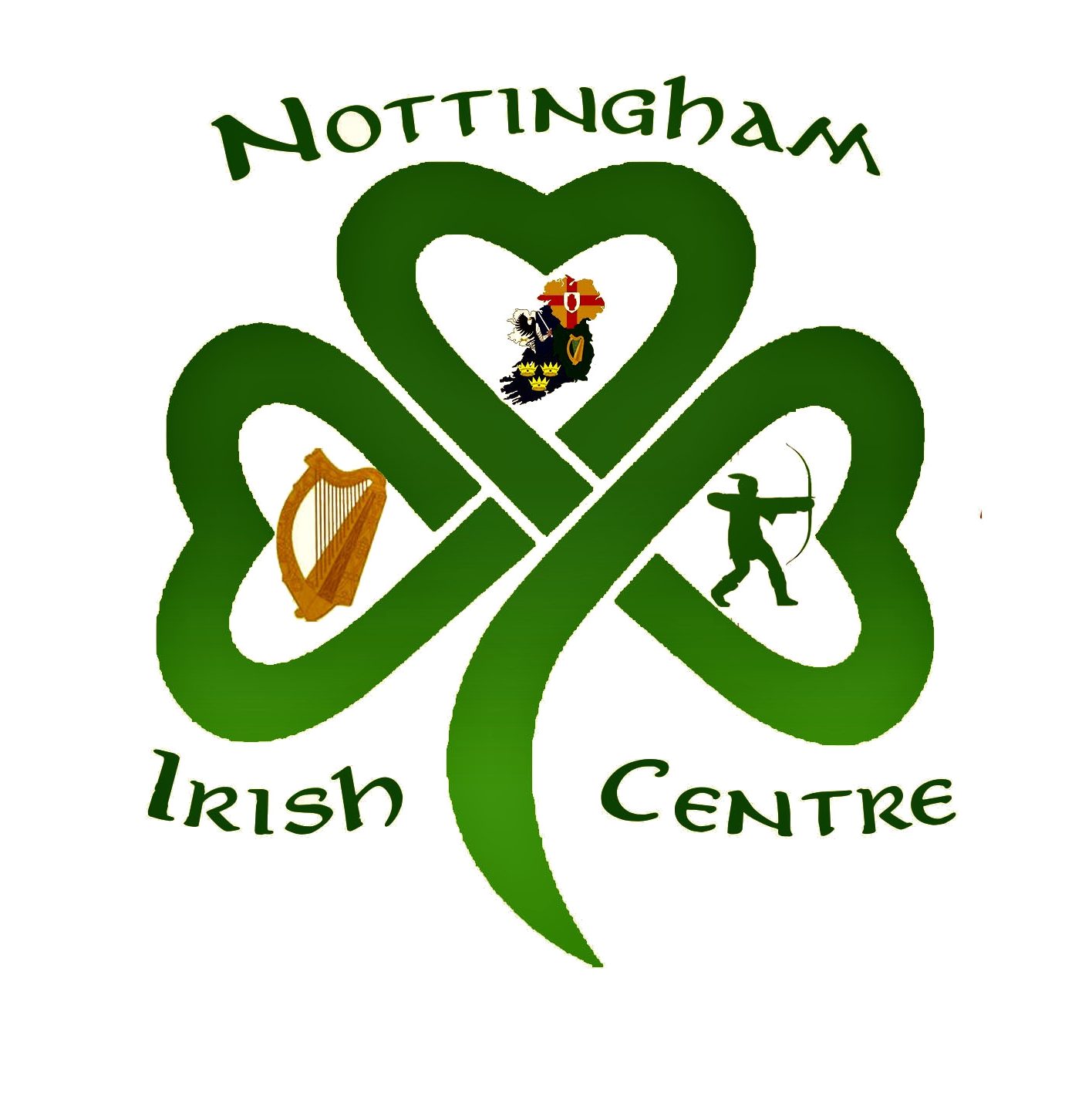Nottingham Irish Centre and Nottingham Irish Studies Group Present
Ireland and The Left in an Age of Revolution
Ireland is one of the few European counties, where the left has been marginalized and played only a peripheral role in shaping the Irish Free State in 1922 and the emergence of a sectarian six county state in the north. In an age of revolution the left and the labour movement found it impossible to assert itself against conservative nationalism in the south and sectarianism in the north. Too often it complied with the demand that it should wait until the ‘national question’ could be resolved; in Peadar O’Donnell’s memorable phrase Labour “confused the prompter’s stool with a place on the stage”. The aim of this series of six talks is to examine the role of the left from 1880 to 1930, from the Land War to the establishment of the Irish Free State and the Northern Irish state. This will be explored through six notable figures who attempted to overcome sectarianism and bridge the gulf between Irish nationalism and socialism. Each session will look not only at the lives of these six individuals but also at how the left was marginalised in this, the most turbulent period in modern Irish history.
All talks will be in the NIC on a Wednesday at 7.30 pm.
- 19th October 2022 – Michael Davitt
- 16th November 2022 – James Larkin
- 14th December 2022 – Sean O’Casey
- 25th January 2023 – James Connolly
- 22nd February 2023 – Constance Markiewicz
- 22nd March 2023 – Peadar O’Donnell
The course is open to everyone and no previous knowledge of Irish history is necessary.
£3 per session. No booking needed.
Dr Pat Murphy is an independent historian, originally from Cork. His his academic interests include the political history of Cork from 1890 to 1923 and the relationship between socialism and nationalism. He is Chair of Nottingham Irish Centre and a founder member of the Nottingham Irish Studies Group.
Details of the Talks
Michael Davitt – Wednesday 19th October at 7.30pm
More than any other notable figure from the Irish nationalist left, Michael Davitt’s early life inspired his politics and spoke of suffering, endurance and resilience. Born in the midst of the Famine, his family were evicted from their small farm by their landlord because they were in arrears with the rent. The family moved England to where Davitt became active in the Fenian movement. He was instrumental in founding the Land League to fight for a fair land dispensation for Ireland’s tenant farmers and impoverished rural working-class. His influence as a nationalist leader, campaigner for land reform, writer and politician has been widely underrated but his story is one of the most inspiring in Irish history.
James Larkin – Wednesday 16th November at 7.30pm
Like Michael Davitt, Jim Larkin’s personal experience of poverty while growing up in Liverpool drove his relentless energy for social justice and the transformation of society through militant working-class struggle. Larkin succeeded where many had failed in organising unskilled workers into Ireland’s first ‘One Big Union’, the Irish Transport and General Workers Union. In 1913 he led the union in an epic struggle in the Dublin Lockout and, with James Connolly, founded the Irish Citizen Army. Larkin is now seen as a divisive figure but by his charisma and sheer energy he was able to inspire those who had been previously ignored by the political elite and the trade union movement.
Sean O’Casey – Wednesday 14th December at 7.30pm
Sean O’Casey was born to a Protestant working-class family in Dublin. He was attracted to politics initially through his interest in Gaelic culture and the Irish language, but his conversion to socialism was triggered by the Dublin Lockout when he was blacklisted and became unemployable. He was briefly involved in the formation of the Irish Citizen Army but his legacy is not that of a political activist but as a writer and playwright who was willing to take on contentious issues that other writers ignored. In what is thought of as his greatest play The Plough and the Stars he explores the conflict between the lives of working-class people living hand-to-mouth in the Dublin slums and a narrow conservative nationalism that takes no account of their interests.
James Connolly – Wednesday 25th January 7.30pm
James Connolly is an iconic figure in Irish nationalism. Known as much for the manner of his death following the Easter Rising as for his political accomplishments. For Connolly, independence was about far more than breaking the link with Britain. He opposed sectarianism and conservative nationalism, arguing that for the working-class “a change from Toryism to Sinn Feinism would simply be a change from the devil they do know to the devil they do not.” But in the end he, and the Citizen Army he led, joined with nationalists in a rebellion that led to the kind of independence he had feared and predicted. Yet, his searing analysis of the limitations and the debilitating effect of sectarianism and nationalism has stood the test of time.
Constance Markiewicz – Wednesday 22nd February at 7.30pm
Constance Markiewicz, ‘The Red Countess’ was born to one of Ireland’s leading Anglo-Irish families, the Gore-Booths. Yet her life was marked by a rejection of comfort, privilege and position. Both she and her sister, Eva Gore-Booth, became involved in radical politics and she played a leading role in the Irish Citizen Army and the Easter Rising. She was also the first woman to be elected to the House of Commons and the first female cabinet minister in the pre-independence Irish government. Throughout her life, Constance Markiewicz refused to be defined by restrictions of gender or class and, for that, attracted much criticism and many detractors. Sean O’Casey, not one of her greatest admirers, said of her: “One thing she had in abundance — physical courage; with that she was clothed as with a garment”.
Peadar O’Donnell – Wednesday 22nd March at 7.30pm
Peadar O’Donnell was a a republican, revolutionary socialist, intellectual and writer. He was politically active from a young age as a teacher and an organiser for the Irish Transport and General Workers Union. He went on to become an IRA leader in the War of Independence, fought on the anti-Treaty side in the Civil War, and later became a founding member of the Republican Congress, an attempt to forge a socialist republican movement. He was a prolific writer and journalist and produced memoirs, novels, and edited The Bell, a literary journal which led the intellectual assault on the insular and conservative society which evolved after independence. His prison memoir The Gates Flew Open is one of the most widely read books of the revolutionary period.





